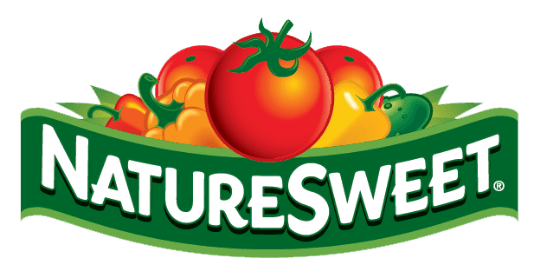While there are many variations, a vegetarian diet generally indicates that someone does not eat beef, pork, or poultry, but may still consume other animal-derived products.
Some vegetarian diets may be meat-free but still include dairy products, fish, and/or eggs. A vegetarian diet that incorporates fish is called a pescatarian diet, one that includes eggs is an ovo-vegetarian diet, and one that includes eggs and dairy products is called a lacto-ovo-vegetarian diet. There may also be overlapping characteristics of these per personal preferences.

While a vegan diet typically extends beyond food choices as an overall lifestyle, a vegetarian diet generally refers just to what types of foods someone chooses to regularly consume.
Why choose a vegetarian diet?
There are several reasons why someone may choose a vegetarian diet, which usually have to do with health, the environment, and/or animal welfare.
One reason a vegetarian diet is popular is because of its ability to improve health outcomes and reduce risk for certain chronic diseases, especially if it incorporates many whole plant foods like fruits, vegetables, whole grains, nuts, seeds, and legumes. Research has shown that people who consume a plant-rich diet that limits animal foods like red meat generally have a lower incidence for things like obesity, heart disease, type 2 disease, and even certain cancers.1-4 A vegetarian diet may even offer more bone health benefits than an omnivorous diet.5
Environmentally, the link between industrial animal agriculture and negative environmental consequences, like global greenhouse gas emissions, has become more apparent in recent years. This is especially true in the beef sector, as beef is a top contributor of carbon dioxide, nitrous oxide, and methane gases.6 For this reason, many people choose to adopt a vegetarian diet that excludes red meat and beef products. Researchers have even recommended a global switch to a more plant-based diet to reduce environmental damage.7
Animal welfare is another major reason many people switch to a vegetarian diet. There are considerations to be made related to how animals are raised and treated for the food system, which may not align with your personal ethics. As a result, many people choose to eliminate beef, pork, and chicken from their diet and become vegetarian.
Potential challenges of a vegetarian diet
If you’ve been used to eating a wide array of animal foods, switching to a vegetarian diet may take some experimentation to replace the meat that traditionally takes up a portion of your plate.
For instance, some people wonder how to get enough protein without meat. The truth is that most people – especially in Western cultures, where animal products are the foundation of diet – eat more protein than they actually need.8 Excellent plant-based protein sources include nuts, seeds, soy products like tofu and tempeh, as well as legumes like beans, peas, and lentils.
Vegetarian diets may require more attention to nutrition to make sure they provide all of the essential nutrients for growth, development, and overall healthy. Dietary supplements, like a multivitamin with minerals, may be recommended especially for young children.
That being said, in their 2016 position paper, the Academy of Nutrition and Dietetics states that, “…appropriately planned vegetarian, including vegan, diets are healthful, nutritionally adequate, and may provide health benefits in the prevention and treatment of certain diseases. These diets are appropriate for all stages of the life cycle, including pregnancy, lactation, infancy, childhood, adolescence, older adulthood, and for athletes.”9

